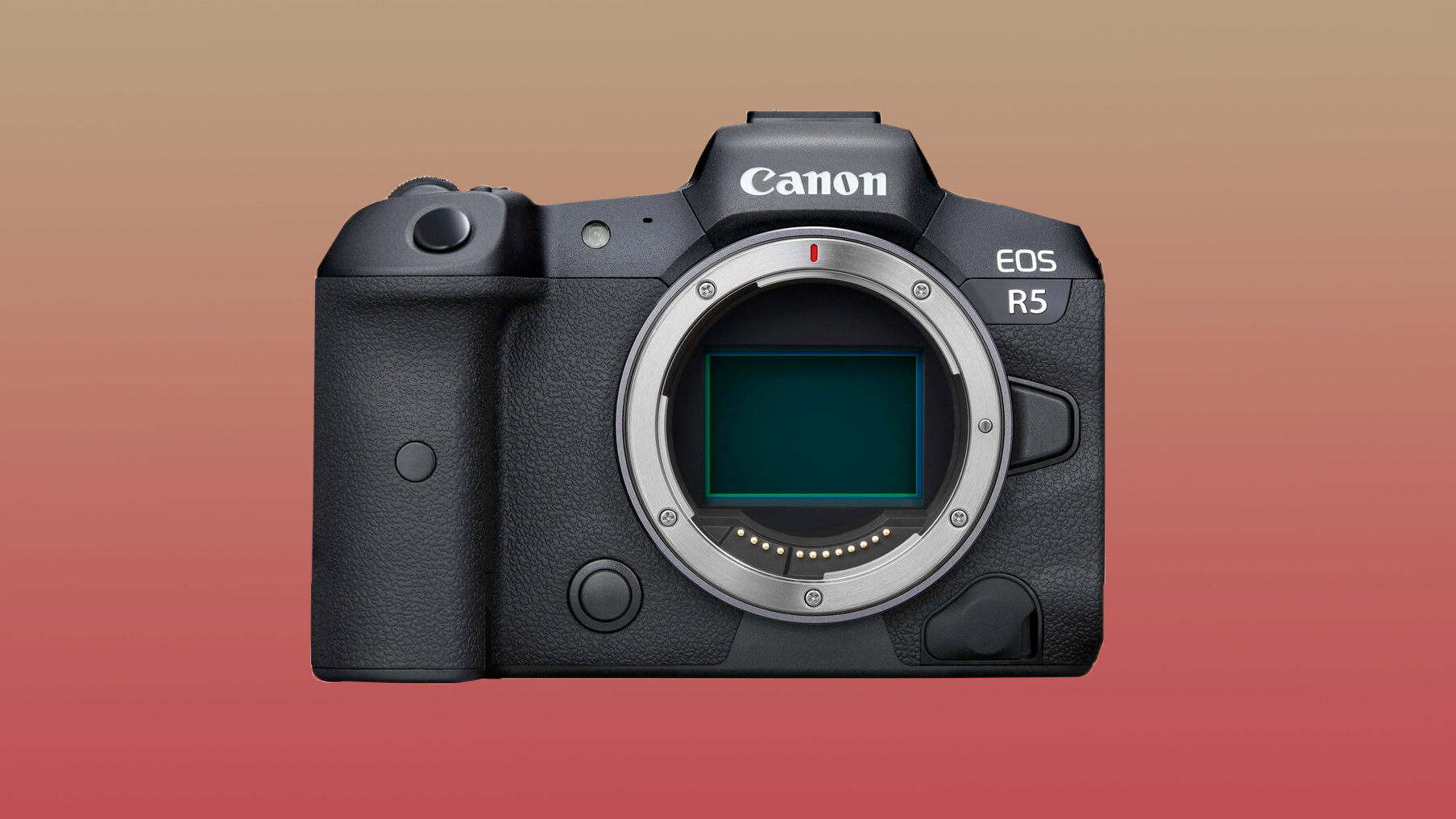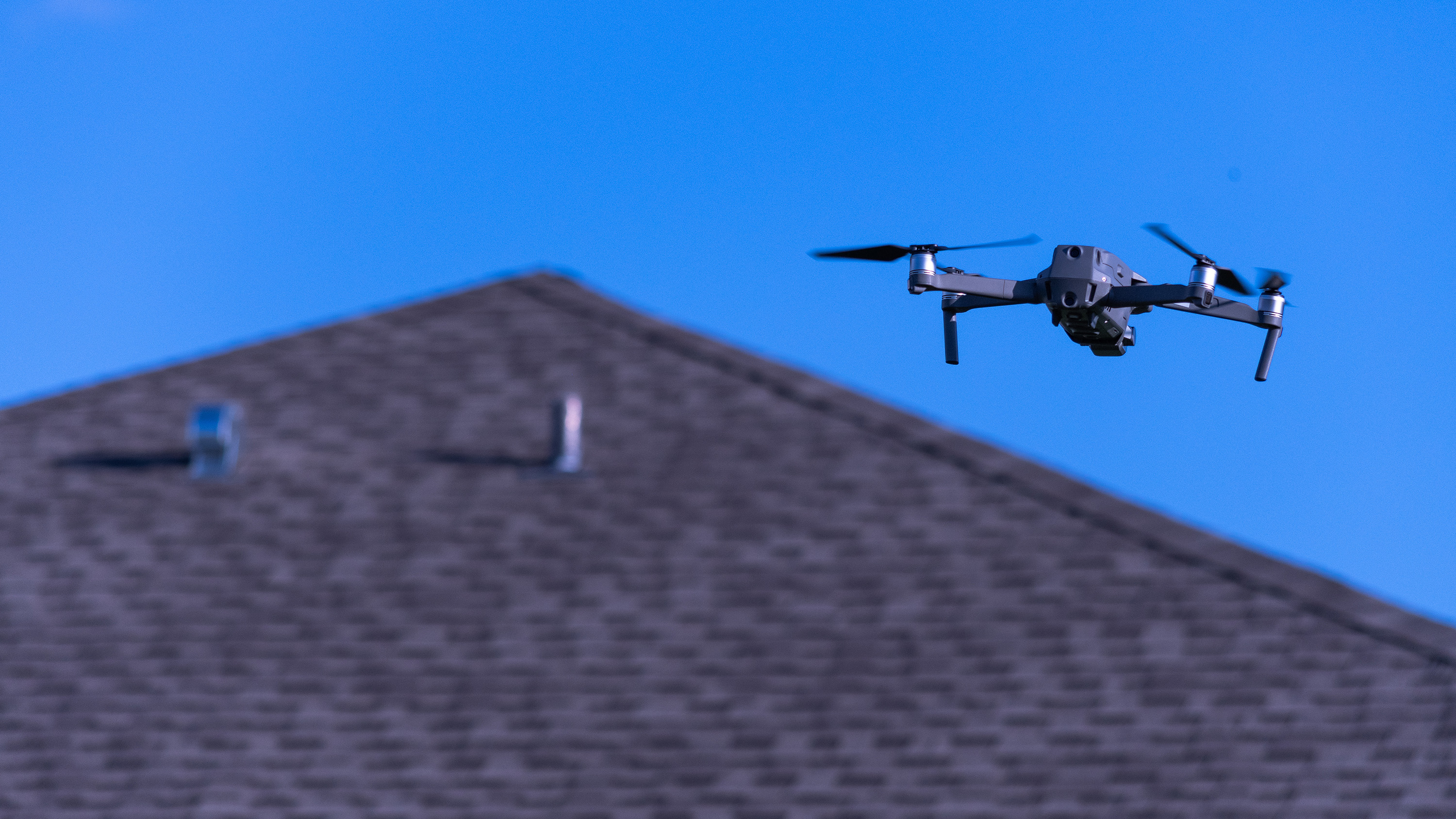"We do not cripple our cameras" says Canon spokesperson
Idea that Canon is purposefully restricting recording times on Canon EOS R5 & R6 "belongs on the conspiracy theory pile"

Ever since the release of the Canon EOS R5 and the Canon EOS R6, Canon has been dogged by rumors and quiet accusations that it was purposefully limiting recording times in order to protect its professional cine camera line. However, in an interview with CineD, Katsuyaki Nagai, the Product Management Director of Image Communications Business at Canon Europe, dismissed these claims in no uncertain terms.
"This is an accusation we've seen before which belongs on the conspiracy theory pile. It is simply not a sensible business idea as users are more likely to switch to competitor systems than buy a much more expensive camera to get a certain feature."
• Read more: Best Canon camera
There have been plenty of rumors regarding the recording limits on the R5 and R6, including that it came from artificial software limits. With one report from respected outlet EOSHD saying, "to the user, it appears that for every minute the camera is left switched on in the menus or in stills mode (with 8K or 4K HQ toggled in the video menu), the runtimes decrease even though you have not shot any video. Very disturbing behavior."
However, Katsuyaki Nagai went on to explain why exactly the Canon EOS R5 and Canon EOS R6 have such restrictive recording limits. "There are factors that govern what a camera can and cannot do, the primary of which is the components used based on the cost of the camera. Making a camera that can do everything would require higher resolution viewfinders, bigger buffers, faster processors to handle the data, faster card buses to write to cards, etc., all components which typically cost more.
"It is important that we evaluate the primary customer for each product and decide what features would be required by that typical user. We do not 'cripple' our cameras, our aim is always to focus the product better to the typical user."
Katsuyaki Nagai also reiterated that the EOS R5 and R6 aren't dedicated video cameras, but should be considered stills camera hybrids for users that shoot both stills and video.
Get the Digital Camera World Newsletter
The best camera deals, reviews, product advice, and unmissable photography news, direct to your inbox!
If you want to read the full interview you can find it on CineD here.
Read more
Canon EOS R5 review
Canon EOS R5 vs R6: What are the differences and which is best for you?
The best cinema cameras: stepping up to full scale filmmaking
With over a decade of photographic experience, Louise arms Digital Camera World with a wealth of knowledge on photographic technique and know-how – something at which she is so adept that she's delivered workshops for the likes of ITV and Sue Ryder. Louise also brings years of experience as both a web and print journalist, having served as features editor for Practical Photography magazine and contributing photography tutorials and camera analysis to titles including Digital Camera Magazine and Digital Photographer. Louise currently shoots with the Fujifilm X-T200 and the Nikon D800, capturing self-portraits and still life images, and is DCW's ecommerce editor, meaning that she knows good camera, lens and laptop deals when she sees them.

